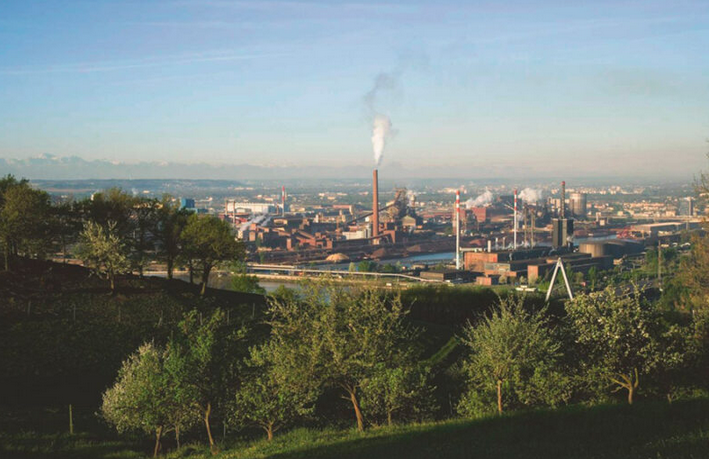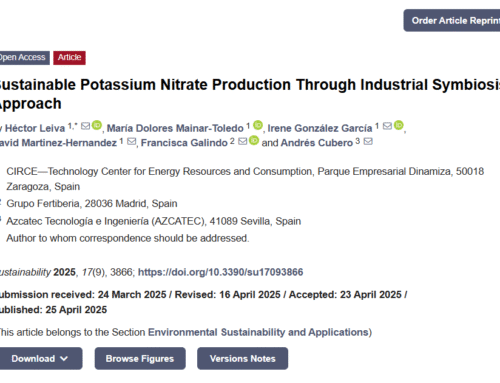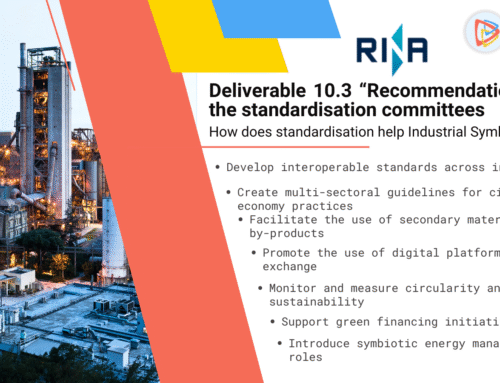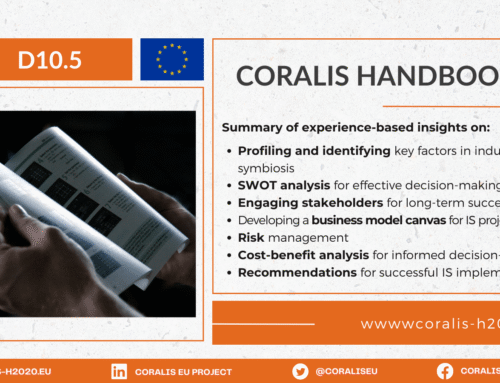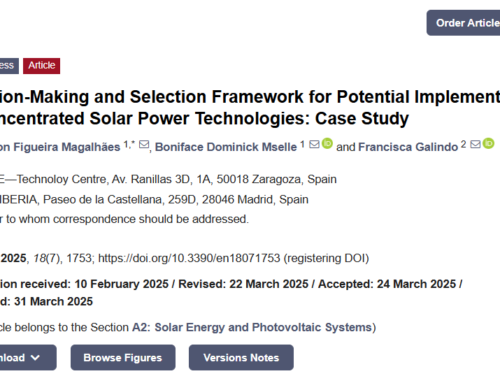The Linz Follower Case of the CORALIS project focuses on the implementation of industrial symbiosis in the Upper Austrian industrial region of Linz. The project started in 2019 and the follower case has made significant progress since then. One of the first steps in Linz was to conduct a feasibility study to identify the industrial symbiosis potential for renewable hydrogen in neighboring steelworks & ammonia production. The study focused on the technical evaluation of symbiotic valorization of renewable hydrogen in the industrial area, with a particular focus on the main players, voestalpine Stahl GmbH and Borealis Agrolinz Melamine GmbH. The objectives of the evaluation included identifying technically applicable and economically favorable options for renewable hydrogen, exploring substitution potential for energy vector demands, minimizing cost structures for renewable energy supply and storage, increasing the security of supply for renewable energy provision, maximizing primary energy efficiency and GHG savings and studying potential system integration of ammonia-based hydrogen route in chemicals and iron and steel production. The technical options were evaluated at different technology readiness levels (TRL) and include direct renewable hydrogen exchange, methanation of CO2 off-gases, utilization of coke oven gas and process integration of existing and potential new assets.
The study identified several potential areas for information exchange and possibly resources in the future. Based on the findings of the feasibility study, the project partners worked with local research stakeholders to further develop industrial symbiosis solutions and prepare for potential implementation. The CORALIS project serves as a platform which provides the companies with information on industrial symbiosis implementation. Another significant achievement of the Linz follower case is the development of a facilitation approach of industrial symbiosis. The approach takes into account qualitative (interviews and mediated discussions) and quantitative (technoeconomic assessments) options to drive the facilitation of cooperation. Overall, the Linz follower case of the CORALIS project has made significant progress in promoting industrial symbiosis in the Upper Austrian region of Linz and the project continues to work with local stakeholders to promote industrial symbiosis in the region and create a more sustainable economy.


